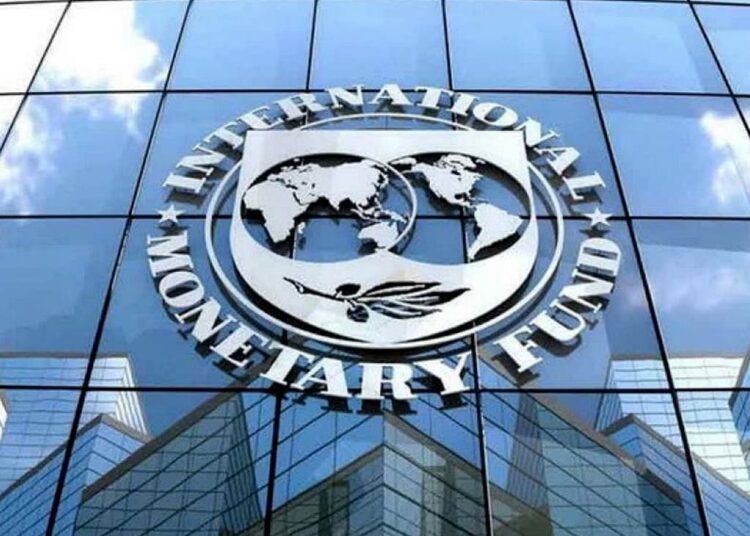The International Monetary Fund (IMF) in its latest World Economic Outlook update for January, released last night, has reviewed upwards growth projections for Nigeria in 2023 from 3.0 per cent which was projected in October last year to 3.2 per cent as it retained the growth forecast for 2024 at 2.9 per cent.
Earlier this month, the World Bank had further reviewed the country’s projected growth to 2.9 per cent from 3.1 per cent last year. The World Bank in its January Global Economic Prospects released had said Nigeria’s slower growth for 2023 and 2024 is a reflection of the downturn in its oil sector as well as the aftermath of rising insecurity and flooding.
Improved growth projection for Nigeira by the IMF also impacted forecast for Sub Saharan Africa which saw a slight upward review form 3.7 per cent to 3.8 per cent in 2023, whilst 2024 remained at 4.1 per cent. Global growth is projected to fall from an estimated 3.4 percent in 2022 to 2.9 percent in 2023, then rise to 3.1 percent in 2024.
According to the IMF WEO for January, the Sub Saharan Africa growth is projected to remain moderate at 3.8 percent in 2023 amid prolonged fallout from the COVID-19 pandemic, although with a modest upward revision since October, before picking up to 4.1 percent in 2024.
“The small upward revision for 2023 (0.1 percentage point) reflects Nigeria’s rising growth in 2023 due to measures to address insecurity issues in the oil sector. In South Africa, by contrast, after a COVID-19 reopening rebound in 2022, projected growth more than halves in 2023, to 1.2 percent, reflecting weaker external demand, power shortages, and structural constraints.”
For the global economy. the forecast for 2023 is 0.2 percentage point higher than predicted in the October 2022 World Economic Outlook (WEO) but below the historical (2000–19) average of 3.8 percent. The rise in central bank rates to fight inflation and Russia’s war in Ukraine continue to weigh on economic activity.
“The rapid spread of COVID-19 in China dampened growth in 2022, but the recent reopening has paved the way for a faster-than-expected recovery. Global inflation is expected to fall from 8.8 percent in 2022 to 6.6 percent in 2023 and 4.3 percent in 2024, still above pre-pandemic (2017–19) levels of about 3.5 percent.
“Signs are apparent that monetary policy tightening is starting to cool demand and inflation, but the full impact is unlikely to be realized before 2024. Global headline inflation appears to have peaked in the third quarter of 2022.But underlying (core) inflation has
not yet peaked in most economies and remains well above pre-pandemic levels. It has persisted amid second-round effects from
earlier cost shocks and tight labor markets with robust wage growth as consumer demand has remained resilient.
“Medium-term inflation expectations generally remain anchored, but some gauges are up. These developments have caused central banks to raise rates faster than expected, especially in the United States and the euro area, and to signal that rates will stay elevated for longer. Core inflation is declining in some economies that have completed their tightening cycle.





